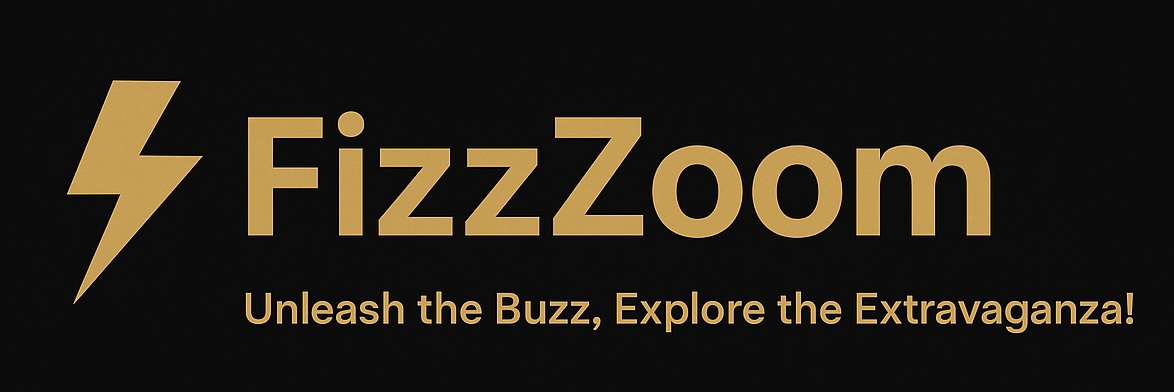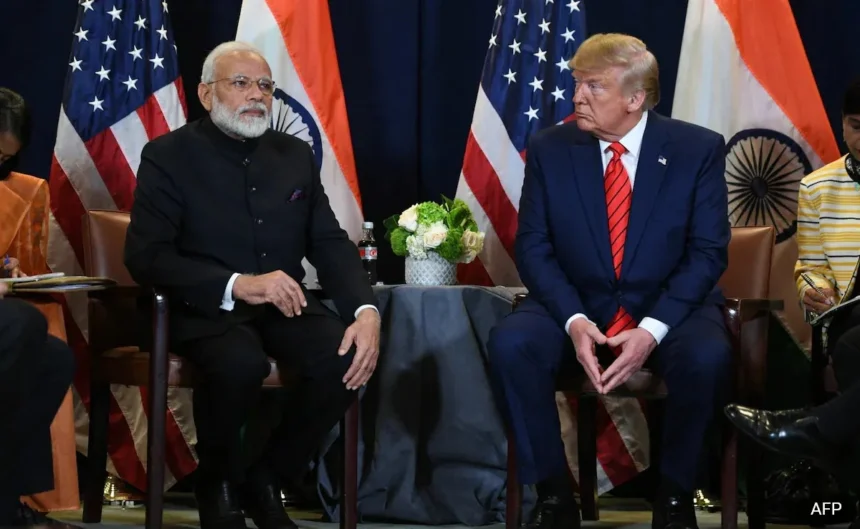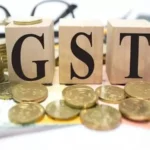In a developing diplomatic rift, former US President Donald Trump has expressed feeling “cheated” by India over its denial of Washington’s role in mediating the May 2025 India-Pakistan ceasefire. Trump’s claims of brokering peace between the two nuclear-armed neighbors have been firmly rejected by Indian officials, fueling tensions amid the backdrop of a 50% tariff imposed by the US on Indian goods.
The ceasefire, which ended four days of intense military clashes following India’s Operation Sindoor, was publicly attributed by India to direct negotiations between military officials of both countries. India dismissed Trump’s repeated assertions that US pressure and trade incentives led to the truce, describing foreign intervention in bilateral matters as a “red line”.

US Strategic Affairs expert Ashley J. Tellis highlighted that Trump’s frustration stems from not receiving public credit for the ceasefire resolution, a key factor behind the imposition of punitive tariffs on India. Analysts link these tariffs, which now total 50%, to Trump’s personal discontent and diplomatic fallout following Modi’s firm stance against third-party mediation.
The tariffs have prompted practical consequences beyond rhetoric. India has paused negotiations for US arms purchases and is enhancing ties with Beijing and Moscow amid growing estrangement with Washington. Trump’s action also occurred amid India’s Prime Minister Narendra Modi’s diplomatic outreach to China and Russia, underscoring New Delhi’s strategic recalibration in response to perceived US hostility.
The strained US-India relationship raises questions over future cooperation on security, trade, and regional stability in South Asia. As Trump continues to seek international recognition for peace efforts, India stands resolute in safeguarding its sovereignty over foreign policy decisions







